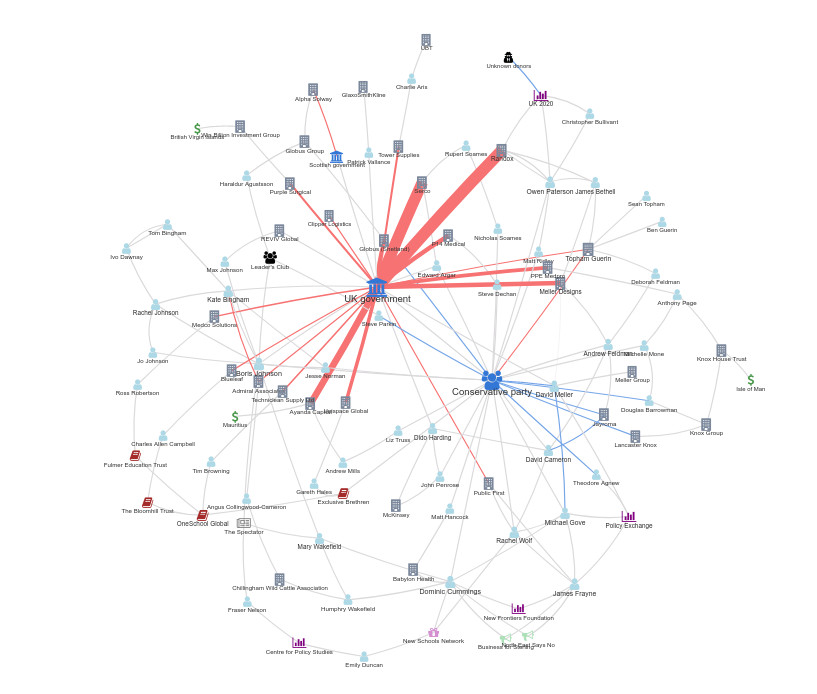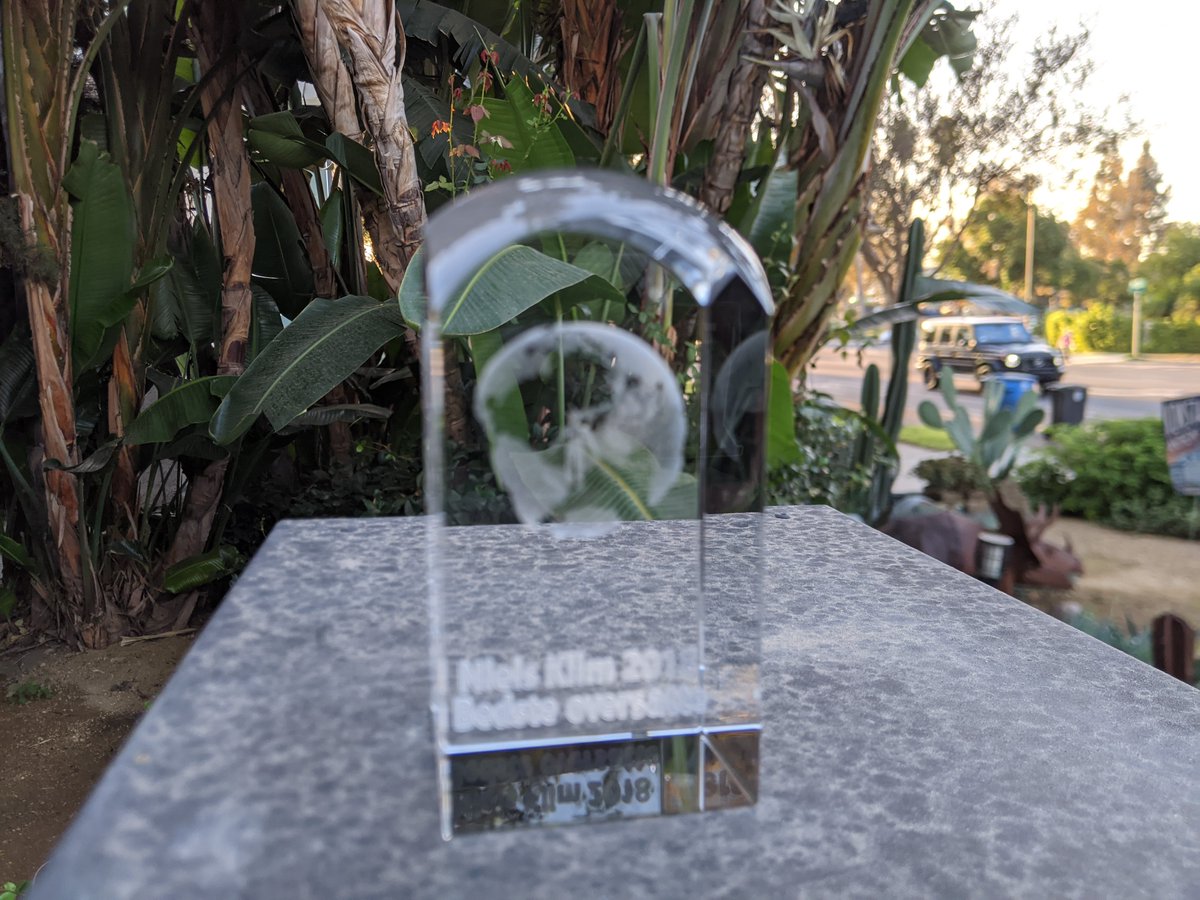
To understand the levers of power under the rule of law, you have to understand "standing" - the right to seek justice for some bad act. Courts and legislatures guard standing jealously; the worst-case scenario is that anyone can sue over an injustice done to someone else.
1/
1/

You and your neighbor agree that it's fine for them to park their car in a way that impedes a driveway you never use anyway, and then some stranger sues your neighbor to make them stop - it's not just court-clogging, it's also a barrier to justice.
2/
2/
But many of our gravest, most urgent harms affect whole populations, so it can be hard to identify which person is harmed. This is where we get class action suits from - a million people sue over a $2.83 ripoff, not to get their $2.83 back, but to hold the grifter to account.
3/
3/
Where class action can't fill the gaps, we rely on public officials - district attorneys, attorneys general, etc - to take up our cause - say, by bringing an antitrust suit against a tech giant.
When it works, this is great, but when it fails, it's terrible.
4/
When it works, this is great, but when it fails, it's terrible.
4/
Because there are so many harms that don't rise to the level of class action (or are impeded by things like "binding arbitration waivers" in terms of service that prohibit joining a class action), and that public officials decline to take up.
5/
5/
This is where the "private right of action" comes in - the right to seek redress under the law, often without showing particularized, personal harm, comes in.
6/
6/
In Florida, voters just created a landmark private right of action: the right to sue polluters without having to prove you were personally harmed by pollution. 89% of voters in Orange County, FL voted for a "Rights of Nature" ballot initiative.
sun-sentinel.com/opinion/commen…
7/
sun-sentinel.com/opinion/commen…
7/
Under the new "Wekiva River and Econlockhatchee River Bill of Rights," corporate polluters who foul the waterways of Orange County can be sued by anyone in Orange County, without having to wait for a DA to bestir themself to enforce the law.
8/
8/
OC, FLA is not a Democratic stronghold - it's roughly split between Dems, Republicans and Independents, and the outcome of the vote - which follows on a County Commission race that saw the election of Rights of Nature advocate Nicole Wilson - may indicate statewide sentiment.
9/
9/
If so, then Florida's state legislature is wildly out of step with voters: this is the legislature that illegally raided the state Land Acquisition Trust Fund and passed the unconstitutional Clean Waterways Act, banning local governments from giving rights to nature.
10/
10/
The OC measure was crafted to sidestep the legislature's ban on RIghts of Nature rules (a ban currently being challenged in court), and there are parallel statewide efforts to pass similar measures.
11/
11/
The creation of a private right of action goes beyond the environmental issue: it's part of a wider fight over the rights of natural persons (human beings) when they are wronged by artificial persons (companies).
12/
12/
For decades, private rights of action have been in disrepute, thanks to the well-funded efforts of corporations to take away our right to sue them for mutilating us or ripping us off. You may have heard of "tort reform" and the idea that America is "overlawyered."
13/
13/
"Tort reform" is an influence campaign backed by the wealthiest people and largest corporations in America, designed to strip you of the power to defend yourself. it leans on lies like the "McDonald's hot coffee lawsuit."
14/
14/
One of the frequent targets of tort reformers is the Americans With Disabilities Act, which allows people with disabilities to seek redress from businesses that do not offer reasonable accommodations.
15/
15/
The ADA is routinely smeared as an ambulance-chaser's charter, a way for sleazy no-win/no-fee 1-800-LAWYER types to blackmail mom-and-pop businesses. The reality is that the ADA has been wildly successful in ensuring that a democratically enacted law gets enforced.
16/
16/
The situation for people with disabilities is far from perfect, of course, but imagine if your only recourse for a failure to abide by ADA was to convince the District Attorney to sue a hotel for its failure to provide a wheelchair ramp.
17/
17/
Moreover, the financial contours of ADA - that lawyers can recover fees from companies that go to court rather than complying with the law - has meant that the majority of enforcement suits are brought against large firms with many facilities.
18/
18/
These are the companies that can afford to pay plaintiffs' fees after they lose - so the time-honored tactic of dragging out cases to outspend your opponent doesn't work here. The longer the case goes on, the more the plaintiff's lawyer gets when it ends.
19/
19/
This is why America needs a national privacy law with a private right of action: specifically so that it exposes the largest (and therefore most harmful) tech companies to massive, unquantifiable, multifarious liability unless they get squeaky clean ASAP.
20/
20/
Image:
Florida Sea Grant
flickr.com/photos/6554968…
CC BY-NC-ND
creativecommons.org/licenses/by-nc…
eof/
Florida Sea Grant
flickr.com/photos/6554968…
CC BY-NC-ND
creativecommons.org/licenses/by-nc…
eof/
• • •
Missing some Tweet in this thread? You can try to
force a refresh











